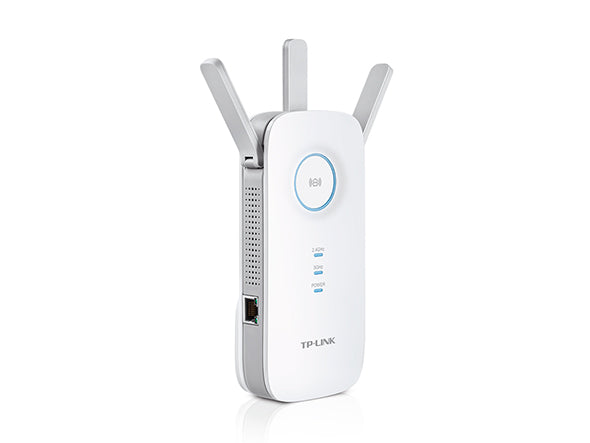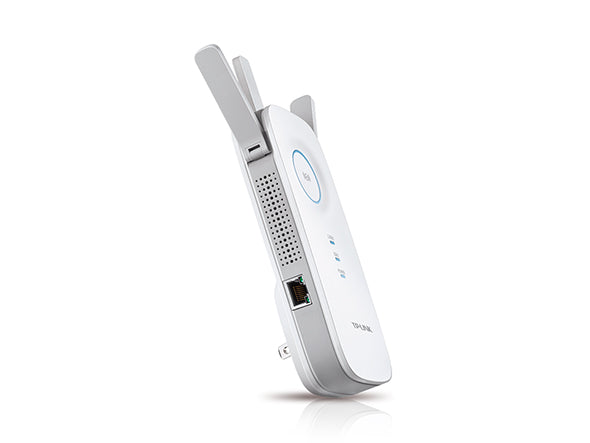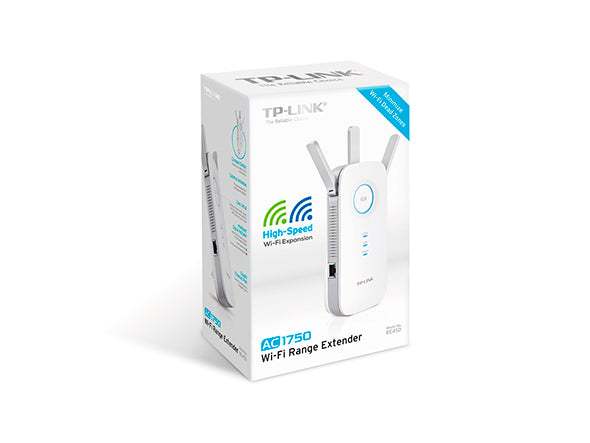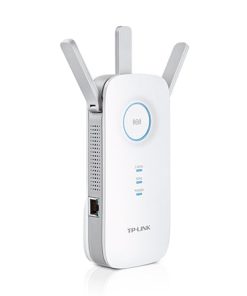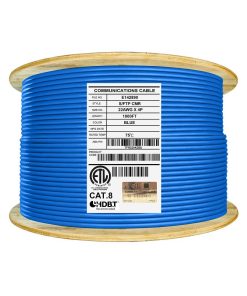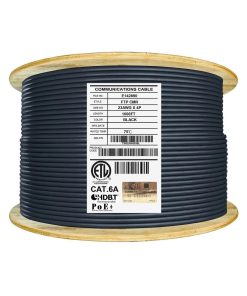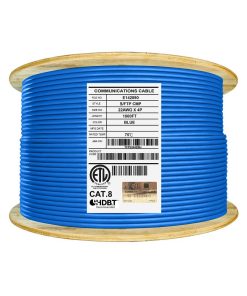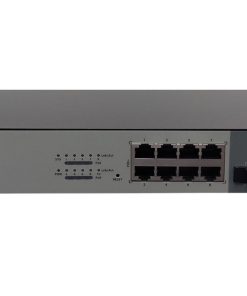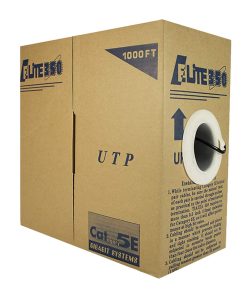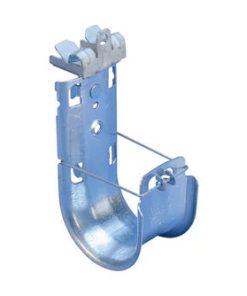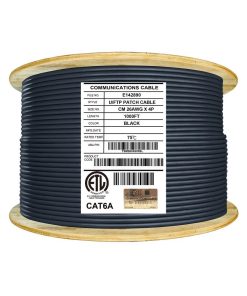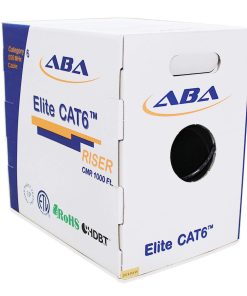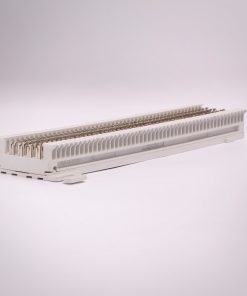TP-Link RE450 AC1750 Wi-Fi Range Extender TP-Link
$ 114,29 $ 45,72
Boost Your Wi-Fi Coverage
Tired of Wi-Fi “dead zones”? The TP-Link AC1750 Wi-Fi Range Extender connects to your router wirelessly,
strengthening and expanding its signal into areas it can’t reach on its own. The device also reduces signal
interference to ensure reliable Wi-Fi coverage throughout your home or office.
Super-Fast Speed Next Generation AC Wi-Fi
TP-Link’s RE450 comes with next generation 802.11AC Wi-Fi technology, it’s 3 times faster than the standard 802.11n speeds. The RE450 delivers fast speeds of dual band Wi-Fi, providing reliable connections for bandwidth-intensive tasks like HD/4K streaming, lag free gaming, large file downloads.
Gigabit Wired Speed
A gigabit Ethernet port turns the extender into a wireless bridge, letting you connect a wired device like a Blu-ray player, gaming console, DVR, or smart TV to your Wi-Fi network.
Easy Installation with RE Button
The extender RE450 works with any standard wireless router. Instantly connect the RE450 to a router by pressing the extender’s RE button followed by the router’s WPS button (if available).
Once connected with an existing router, you can take RE450 anywhere within the wireless range of the existing router, no more further configurations.
High Performance External Antennas
Three external dual band antennas (3 x 2dBi for 2.4GHz and 3 x 3dBi for 5GHz) boost your wireless coverage and reliability, helping your devices stay connected anywhere your network reaches.
High Speed Mode
High Speed mode maximizes overall performance by combining the bandwidth of both the 5GHz and 2.4GHz channels to create a lightning-fast connection with one band sending data and the other receiving it.
* Maximum wireless transmission rates are the physical rates derived from IEEE Standard 802.11 specifications. Range and coverage specifications along with the number of connected devices were defined according to test results under normal usage conditions. Actual wireless transmission rate, wireless coverage, and number of connected devices are not guaranteed, and will vary as a result of 1) environmental factors, including building materials, physical objects and obstacles, 2) network conditions, including local interference, volume and density of traffic, product location, network complexity, and network overhead and 3) client limitations, including rated performance, location, connection quality, and client condition.
Fast Shipping with Professional Packaging
We have a range of shipping options thanks to our long-term partnership with UPS FedEx DHL. Our warehouse personnel will pack every item to our exacting specifications. Prior to shipping your items will be thoroughly examined and secured. We ship to thousands of customers every day in different countries. Our commitment to become the largest online retailer around the globe is evident by this. Both Europe and the USA have distribution and warehouse centers.
Note: Orders that include more than one item will be assigned a processing date depending on the item.
Prior to shipping the items, our staff will carry out an exhaustive inspection of the products you ordered. The majority of orders are delivered within 48 hrs. Expected delivery times are between 3-7 days.
Returns
Stock is dynamic, and cannot be fully controlled by us because of the involvement of many different parties, such as the factory and our warehouse. Stocks can be changed at any moment. It's possible that the stocks could be depleted after your order has been placed.
Our policy is valid for 30 days. If you haven't received your product within 30 days, we're not able to issue either a return or exchange.
The item should not be used, and it must be in its original condition. It should also be in the original packaging.
Related products
Bulk Cable
ABA Elite Cat8 Shielded Riser (CMR) – 40Gb, 22AWG, 2000MHz, S/FTP, Solid, 1000ft Spool ABA Elite
Bulk Cable
ABA Elite Cat6A Shielded CMR 10Gb, F/UTP, 23AWG, Solid, 650MHz Bulk Cable – 1000ft Reel ABA Elite
Networking
Home Theater
Arlington Nail On Low Voltage Mounting Bracket for New Construction Arlington Industries
Bulk Cable
ABA Elite Cat8 Shielded Plenum (CMP) – 40Gb, 22AWG, 2000MHz, S/FTP, Solid, 1000ft Spool ABA Elite
Networking
